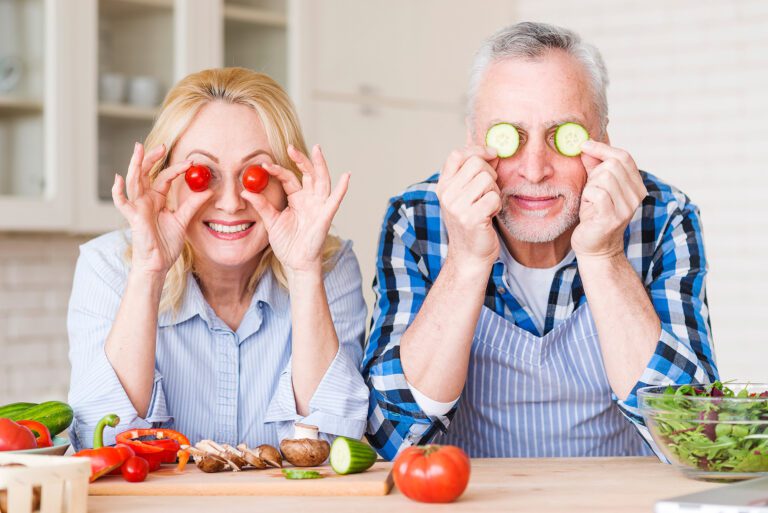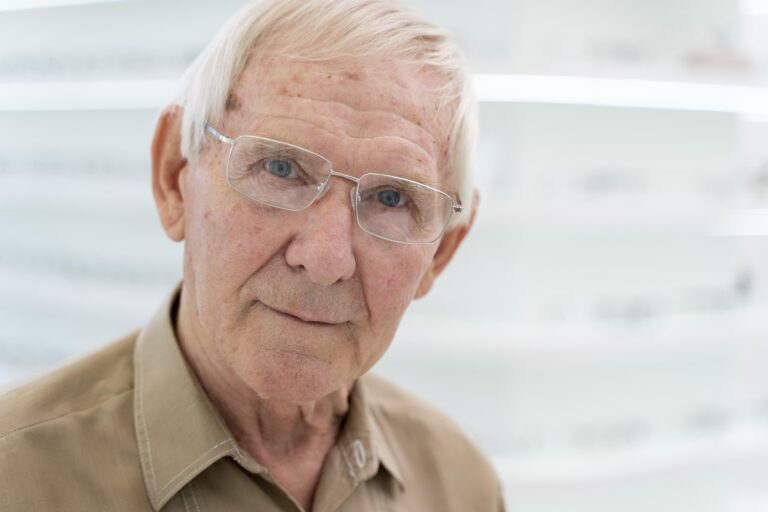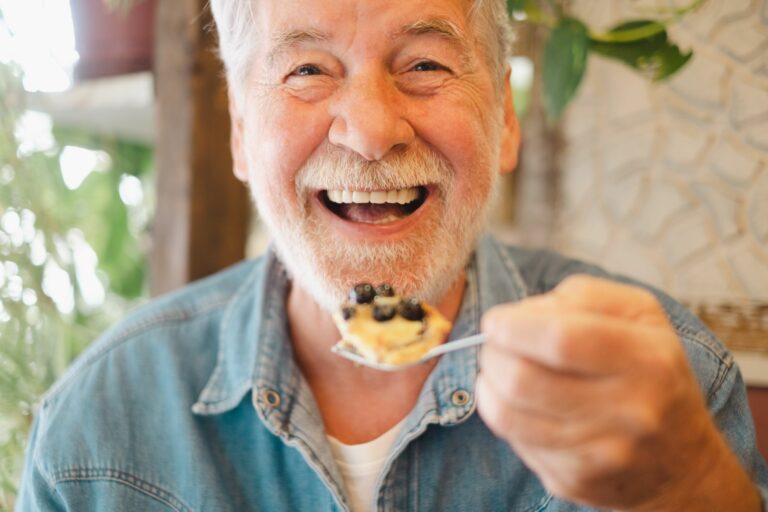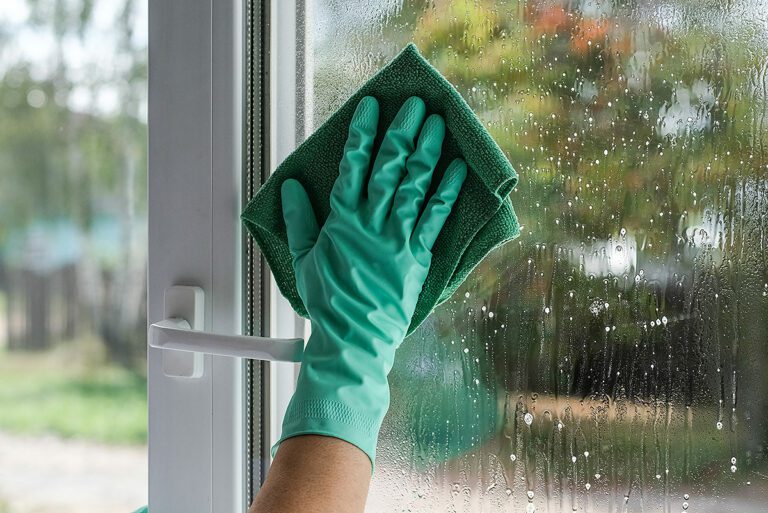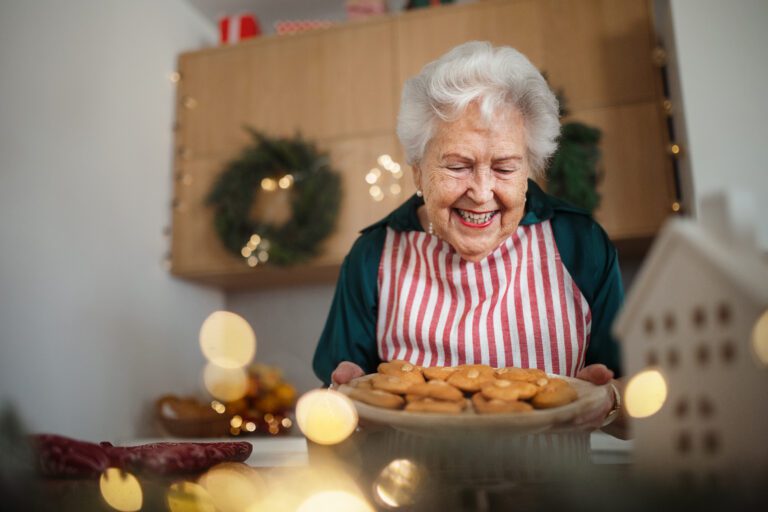How to Prevent Falls for Elderly Loved Ones
When discussing how to prevent falls for elderly loves ones, we must understand that falls are a leading cause of injury and hospitalization for seniors. This subject is of paramount importance as fall prevention can mean preservation of life for your elderly parents, relatives, friends, or other senior colleagues. According to the Centers for Disease Control and Prevention (CDC), falls among adults 65 and older caused over 36,000 deaths in 2020, making it the leading cause of injury death for that group. [1]. Such falls can also result in serious injuries, such as hip fractures, head trauma, and more.
However, the good news is that falls are often preventable. By taking steps to improve their balance, strength, and home environment, seniors can significantly reduce their risk of falling. This article, brought to you by Genuine Global Care, a trusted home care agency, will provide a comprehensive guide to fall prevention for seniors.
Understanding the Risks: Why Seniors Fall
There are several factors that can contribute to falls in seniors. These include:
- Balance problems: As we age, our sense of balance naturally declines. This can make it difficult to maintain stability, especially when walking on uneven surfaces or getting up from a seated position.
- Muscle weakness: Loss of muscle strength, particularly in the legs, can make it harder to stand and walk.
- Vision problems: Impaired vision can make it difficult to see obstacles and uneven surfaces, which can lead to falls.
- Foot problems: Poorly fitting shoes, bunions, hammertoes, and other foot problems can increase the risk of falls.
- Medications: Certain medications, such as blood pressure medications and antidepressants, can cause dizziness or lightheadedness, which can increase the risk of falls.
- Environmental hazards: Loose rugs, cluttered walkways, poor lighting, and slippery floors can all increase the risk of falls in the home.
I witnessed a senior falling in my community last year and it was really difficult. We live in a gated neighborhood with mostly elderly adults and a sweet old lady from down the street was walking her dog. As they went, the dog suddenly moved around her, causing her to trip over the leash. She fell face down and began bleeding terribly. Fortunately myself and another colleague were nearby and rushed over to help her. She is now ok after receiving medical treatment; however I now often wonder what someone would do in that situation if no one was nearby. I think it’s important for all seniors to invest in emergency alert devices which they can wear around their necks.
Sylvia Jimenez – Dallas, TX
Fall Prevention: A Multi-Pronged Approach
Delving deeper in learning how to prevent falls for elderly loved ones, we can take a proactive approach to combatting common issues in the home that cause falls, and in the general health of our seniors. The good news is that falls are not an inevitable part of aging. By diligently taking measures to enhance the health of our loved ones and to prepare their homes you can significantly reduce their risk of falling. Here are some key strategies:
1. Exercise for Balance and Strength:
Regular exercise is essential for maintaining balance and strength, which are crucial for fall prevention. Here are some specific types of exercise that can be helpful:
- Balance exercises: These exercises help to improve your ability to stay upright. Examples include heel-toe walking, standing on one leg, and tai chi.
- Strength training exercises: Exercises geared towards strength training help to build muscle which can improve your ability to stand up, walk, and get around safely. Examples include lifting weights, using resistance bands, and bodyweight exercises like squats and lunges.
2. Improve Your Vision and Hearing:
- Schedule regular eye exams: Ensure you have proper corrective lenses (glasses or contacts) to see clearly.
- Get your hearing checked: Untreated hearing loss can make it difficult to hear warnings or calls for assistance, which can increase the risk of falls.
3. Manage Your Medications:
Talk to your doctor about any medications that may be causing dizziness or lightheadedness. They may be able to adjust your medication dosage or switch you to a different medication.
4. Fall-Proof Your Home:
Make your home environment as safe as possible by addressing potential hazards. Here are some tips:
- Remove loose rugs and clutter from walkways.
- Install grab bars in the bathroom next to the toilet and shower.
- Improve lighting in hallways, stairwells, and bathrooms.
- Apply non-slip strips or mats in the bathtub and shower.
- Ensure all furniture is stable and has non-skid pads.
- Keep electrical cords out of walkways.
- Use nightlights in hallways and bedrooms to provide illumination at night.
- Consider installing railings on both sides of stairways.
5. Wear Proper Footwear:
Wear shoes that fit well and provide good support. Avoid shoes with smooth soles.
6. Get Enough Sleep:
Being well-rested is essential for maintaining good balance and coordination. Aim for 7-8 hours of sleep per night.
7. Stay Hydrated:
Dehydration can lead to dizziness and lightheadedness, which can increase the risk of falls. Drink plenty of fluids throughout the day.
8. Talk to Your Doctor:
Discuss your fall risk with your doctor at your regular checkups. Your doctor can assess your individual risk factors and recommend additional fall prevention strategies.
How to Prevent Falls for Elderly Through In-Home Care
Despite the effectiveness of various strategies in minimizing fall risk among seniors, additional support may be necessary to ensure safety at home. In such cases, home care agencies like Genuine Global Care become invaluable. With our compassionate and experienced caregivers, we offer a range of services aimed at preventing falls:
Assistance with mobility: Our caregivers are adept at aiding seniors with tasks such as dressing, bathing, and transitioning from sitting to standing positions.
Medication reminders: Our caregivers provide timely reminders to seniors, ensuring they adhere to their medication schedules, thereby reducing the risk of falls associated with missed doses.
For personalized care and peace of mind in fall prevention, reach out to us here at Genuine Global Care today. Let’s work together to ensure the safety and well-being of your loved ones at home. Call us at (531) 207-3545 to learn more about our services and how we can assist you in promoting a safer living environment.
References:
- Center for Disease Control – Older Adult Fall Prevention – https://www.cdc.gov/falls/index.html



